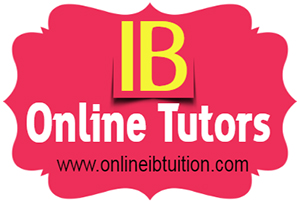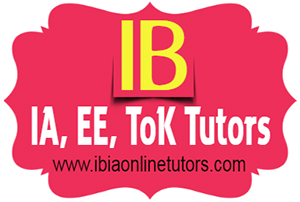 IB Elite Academy provides highly experienced IB Economics hl Tutors for any given IB MYP and IB DP subject (HL, SL). FREE 1 HOUR DEMO LESSON.
IB Elite Academy provides highly experienced IB Economics hl Tutors for any given IB MYP and IB DP subject (HL, SL). FREE 1 HOUR DEMO LESSON.
The Diploma Programme (DP) is a rigorous pre-university course of study designed for students in the 16 to 19 age range. It is a broad-based two-year course that aims to encourage students to be knowledgeable and inquiring, but also caring and compassionate. There is a strong emphasis on encouraging students to develop intercultural understanding, open-mindedness, and the attitudes necessary for them to respect and evaluate a range of points of view.
The course is presented as six academic areas enclosing a central core. Students study two modern languages (or a modern language and a classical language), a humanities or social science subject, an experimental science, mathematics and one of the creative arts. Instead of an arts subject, students can choose two subjects from another area.
It is this comprehensive range of subjects that makes the Diploma Programme a demanding course of study designed to prepare students effectively for university entrance. In each of the academic areas students have flexibility in making their choices, which means they can choose subjects that particularly interest them and that they may wish to study further at university.
Normally, three subjects (and not more than four) are taken at higher level (HL), and the others are taken at standard level (SL). The IB recommends 240 teaching hours for HL subjects and 150 hours for SL. Subjects at HL are studied in greater depth and breadth than at SL. In addition, three core elements—the extended essay, theory of knowledge and creativity, activity, service—are compulsory and central to the philosophy of the programme.
These DP subject briefs illustrate four key course components.
I. Course description and aims
II. Curriculum model overview
III. Assessment model
IB Economics hl Tutors
Course description and aims
Economics is an exciting, dynamic subject that allows students to develop an understanding of the complexities and interdependence of economic activities in a rapidly changing world. At the heart of economic theory is the problem of scarcity. Owing to scarcity, choices have to be made. The economics course, at both SL and HL, uses economic theories, models and key concepts to examine the ways in which these choices are made: at the level of producers and consumers in individual markets (microeconomics); at the level of the government and the national economy (macroeconomics); and at an international level, where countries are becoming increasingly interdependent (the global economy).
The DP economics course allows students to explore these models, theories and key concepts, and apply them, using empirical data, through the examination of six real-world issues. Through their own inquiry, students will be able to appreciate both the values and limitations of economic models in explaining real-world economic behaviour and outcomes. By focusing on the six real-world issues through the nine key concepts (scarcity, choice, efficiency, equity, economic well-being, sustainability, change, interdependence and intervention), students of the economics course will develop the knowledge, skills, values and attitudes that will encourage them to act responsibly as global citizens.
The aims of the DP economics course are to enable students to:
z develop a critical understanding of a range of economic theories, models, ideas and tools in the areas of microeconomics, macroeconomics and the global economy z apply economic theories, models, ideas and tools, and analyse economic data to understand and engage with real-world economic issues and problems facing individuals and societies z develop a conceptual understanding of individuals’ and societies’ economic choices, interactions, challenges and consequences of economic decision-making.






